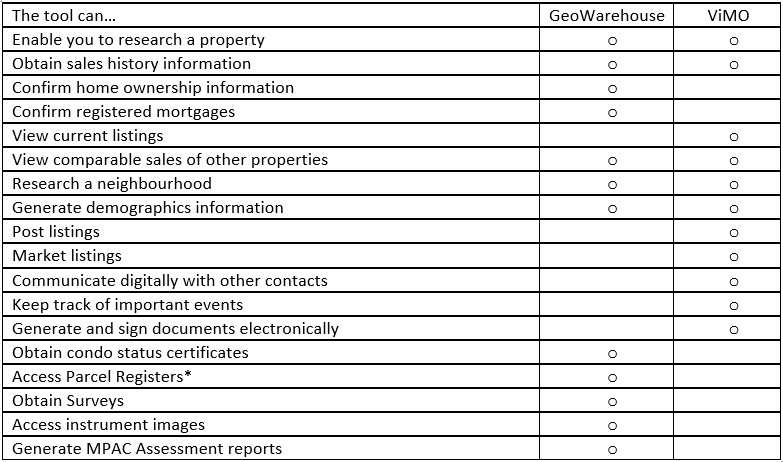In real estate, you count on your clients to be
forthcoming with information, but this doesn’t always end up being the reality
of things.
It seems that there are three different groups of people
where non-disclosure is concerned:
·
Those who innocently omit information because
they forgot or didn’t think it was relevant. This can often occur when there is
a parent or sibling on title, where the client is managing the transaction.
This could be in the cases of spouses where one is acting with the consent of
the other so didn’t think that they had to disclose the other person. The list
can go on and on where innocent omissions are concerned.
·
Then you have those who are scheming for one
reason or another. This can be the case in situations of separation and divorce
or even where a dispute is taking place.
·
Finally you have the group that are out to
commit outright real estate fraud.
Generally speaking you are most likely to run into the
first group, less likely to encounter the second group and hopefully, even less
likely to encounter the last group. What is true of all 3 groups though is that
a little bit of due diligence goes a long way with respect to taking on a new
client – whether the client is a buyer or seller.
Even if you meet with a potential customer, they impress
you in an interview and you have little to no suspicion to believe that they
have failed to disclose information – you still should do your due diligence!
These days it is difficult to simply count on documents provided by your client
validating that they are the owner.
It is always advantageous to verify preliminary
information first.
·
Interview the client: If a seller,
directly ask if there is anyone else on title. When the client signs off on the
agreement for you to represent them, take a copy of their ID at that point
(rather than waiting until an offer has taken place).
·
After signing up with your client – perform
your own search online to confirm that your client is the rightful property
owner and that there are no other undisclosed parties on title.
·
Listing
your client’s house for sale – now that you have performed your own search,
you can feel confident with the information you are representing on your
listing.
·
If another owner comes up, simply ask your
client again. Once you know for a fact they will have to explain why. More
often than not you will find out it was an innocent omission and the other
party on title will sign your agreement.
·
If representing a buyer: once you have
found a property that your client is interested in making an offer on, you can
run a search to confirm the name of the seller(s)/current owner(s) and also any
mortgages registered on title. This will help you to better understand the
positioning of the seller.
Instead of making assumptions based on what the client or
worse, another real estate sales professional, tells you, find out the
information yourself. This will lead to more efficiency and cleaner closings.
Assuming can often lead to problems, so make sure that
you are protecting yourself and your client. Find out more at www.geowarehouse.ca or call
1-866-237-5937.




